Her name was Taylor, and she wasn't afraid of PDA. When we weren't dancing, we were making out. She even brought me into the bathroom while she peed... and there were no stalls.
But when I decided to officially ask her out, her response was perplexing to say the least. "But Glenn... you're gay."
In her defense, we did meet in a gay club. And at 18, I was naive to the unusually affectionate dynamic of some women and their gay best friends. With my heart on my sleeve and my sexuality on a spectrum, I associated that physicality with a romantic connection.
Unfortunately, declaring my bisexuality at such an impressionable age was even more complicated than identifying as gay by default. It was the ignorance of others that ultimately made the decision for me. But nearly a decade after coming out as a man who's attracted to men, I find myself coming out again.
I recently had this epiphany while binge-watching Desiree Akhavan's The Bisexual in one sitting. The Hulu show follows a 30-something woman who's identified as a lesbian for the past decade but comes to the realization that she's bisexual. It's a multilayered coming out story that departs from the typical adolescent tale of homophobia and explores the complexities of bi erasure within the LGBTQ community.
Although Akhavan's character embraces this lifestyle adjustment with a fearless attitude, I find myself reluctant to take the leap. Having suppressed that part of myself for so long, I'm not quite sure how to own it. After all, being reckless with my emotions was easier at 18 than it is at 27.
Coming out as gay may not have been the easiest thing I've done in my life, but it was easier for people to understand than the idea that my attraction isn't limited to men. And it wasn't for a lack of trying. Telling people I was bisexual only resulted in unwarranted judgments and criticisms.
Although I love her, my sister told me, "It just sounds like a cop out to me." To those in my life who thought they knew my sexuality more than I did, they assumed I was too scared to commit to the label of "gay." One particularly self-righteous Rue 21 manager told me with a condescendingly drunken slur, "I used to pretend to be bisexual too."
In the past, I would have liked to believe that bi erasure wasn't real. I assumed gay rights and representation meant bi rights and representation. I couldn't fathom that gay people could possibly oppress members of their own community. But I was an unwitting victim of that very oppression, an experience that's all too common in the LGBTQ community, if not so much in onscreen representation.
I didn't even try to convince my parents of my bisexuality. It was a miracle they eventually accepted that I date men. Introducing the potential of dating women felt like giving them false hope for the typical heteronormative family they so desperately craved - or even worse, it would have given them a smug sense of satisfaction that I'd "come to my senses" and found a nice girl to settle down with.
Although I'm still not quite looking for Mr. or Ms. Right, I've recently opened my Tinder preferences to include women. It's a small step for nearly a decade of sexual exploration, but it feels like wading into uncharted waters. Perhaps there are benefits of having self-discoveries during the digital age.
Coming out as gay was a liberating experience. For a kid who was always wrestling with adolescent insecurities, it was the first time I didn't care what others thought. And although I find myself coming out again, the only person I need to have that conversation with this time is myself.
Related | Hulu's The Bisexual and Why Desiree Akhavan Hated the Word


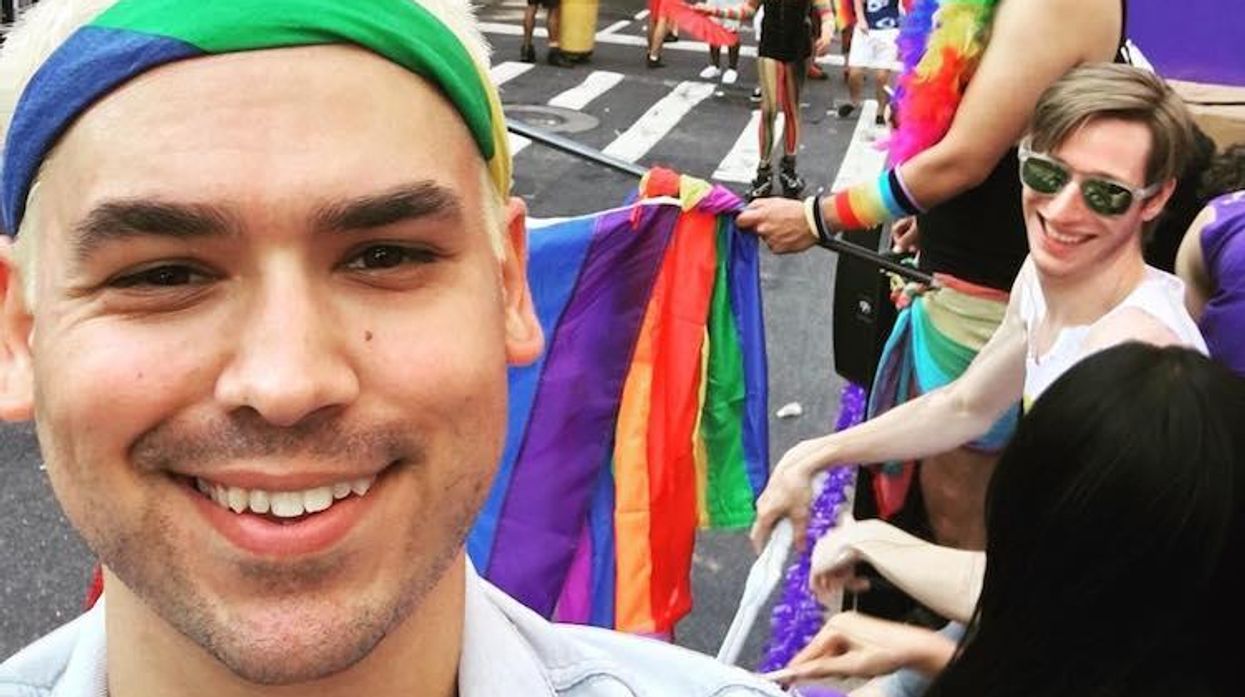




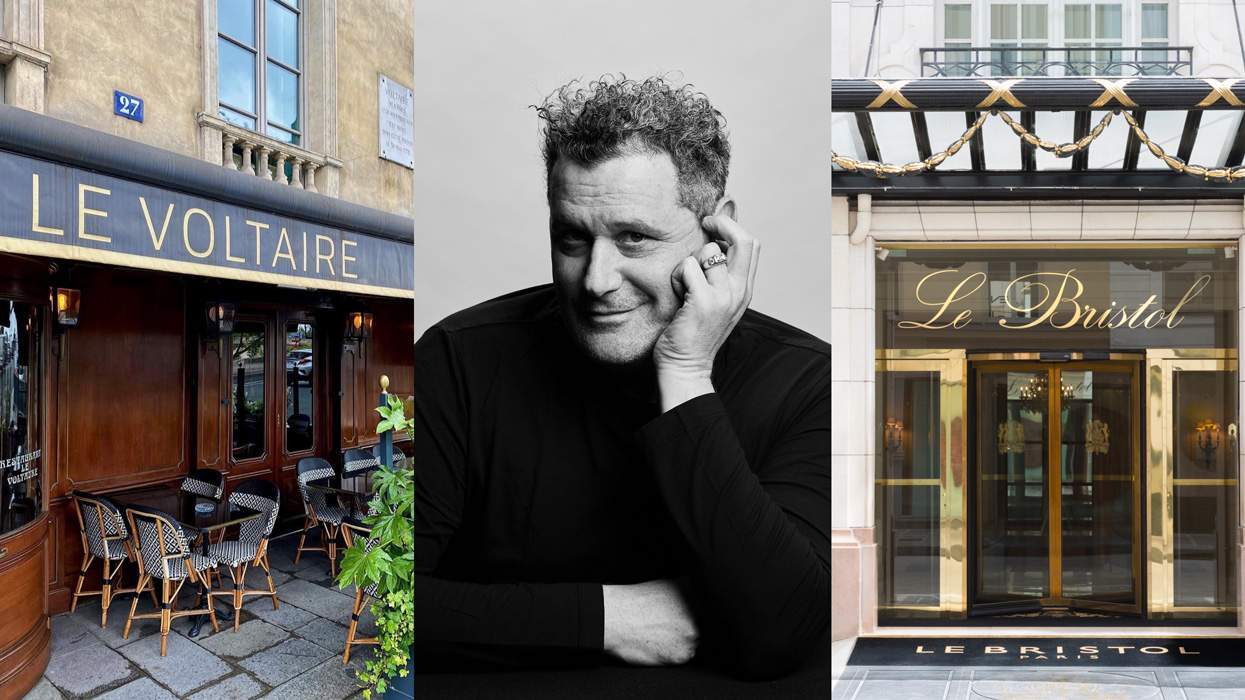

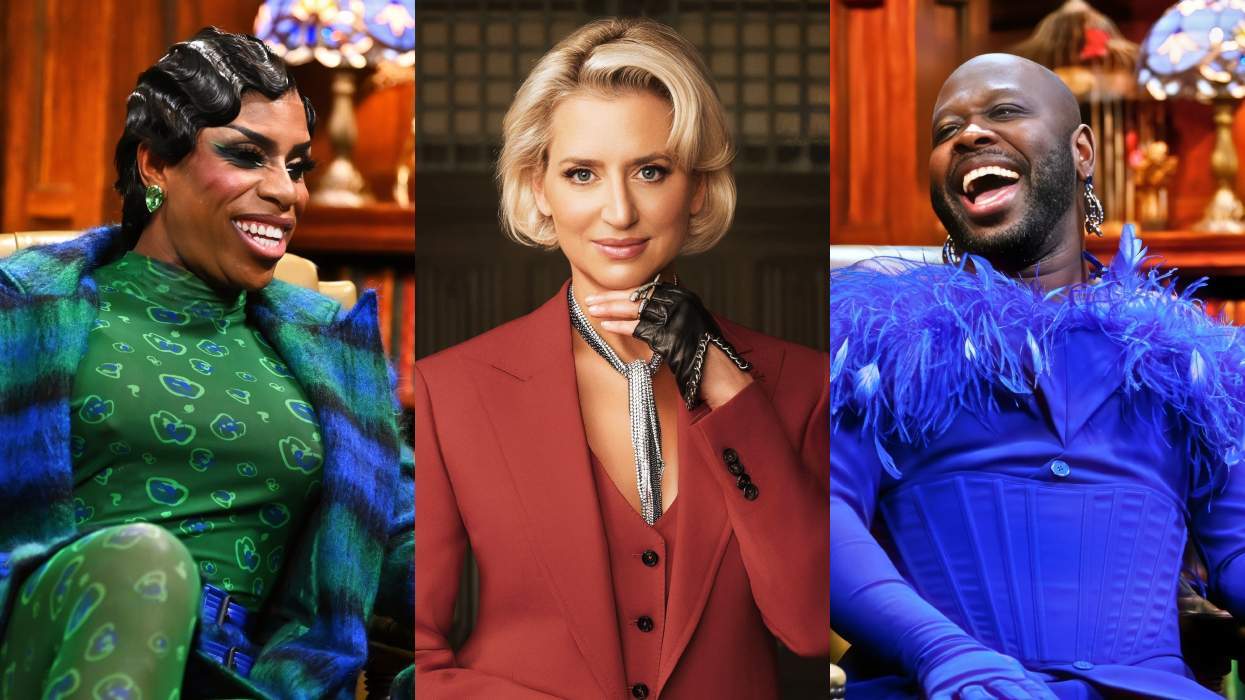

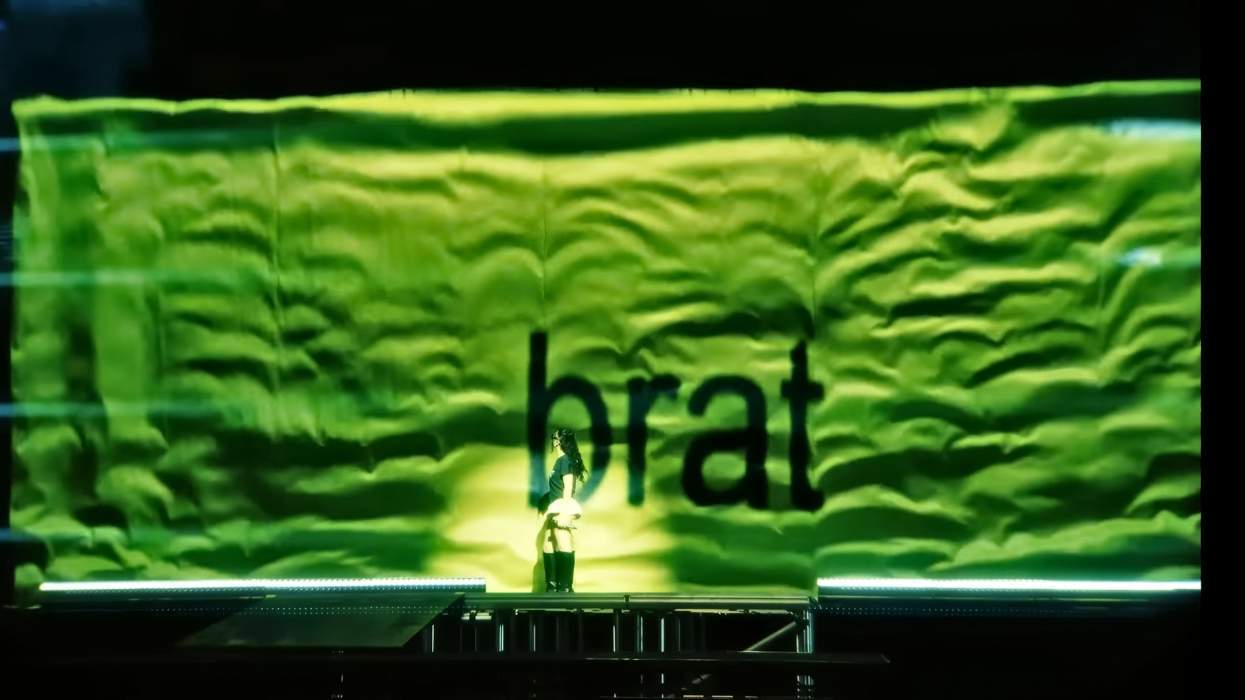
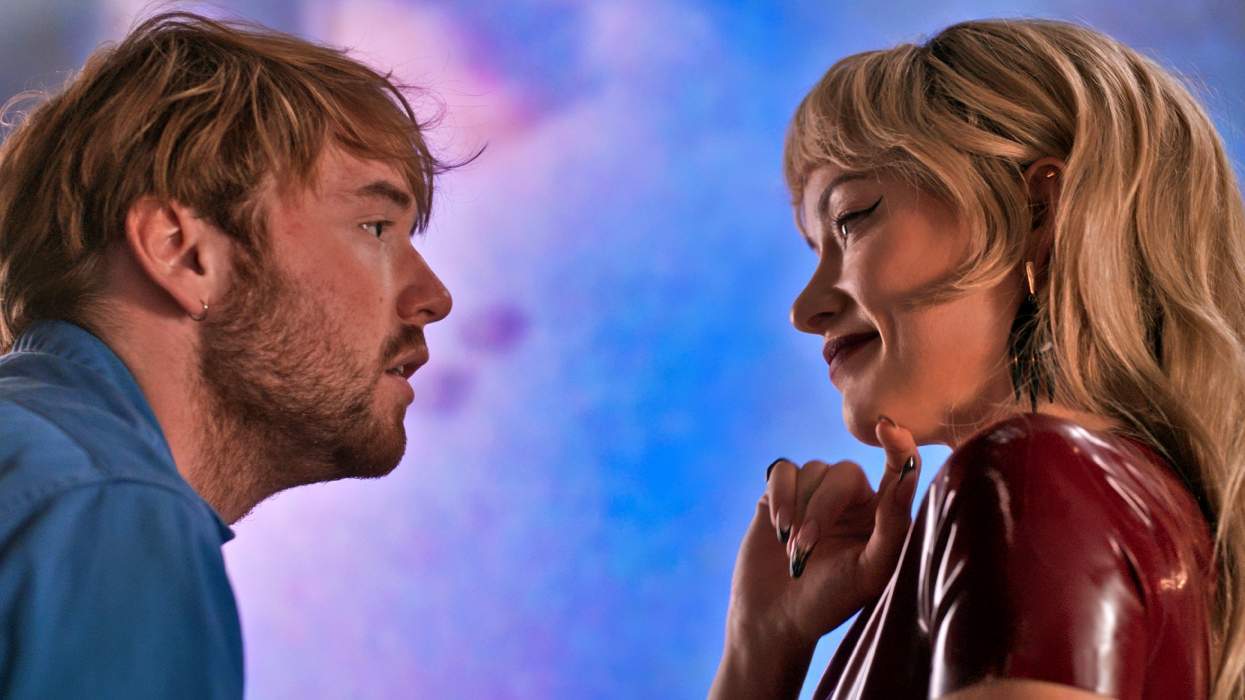




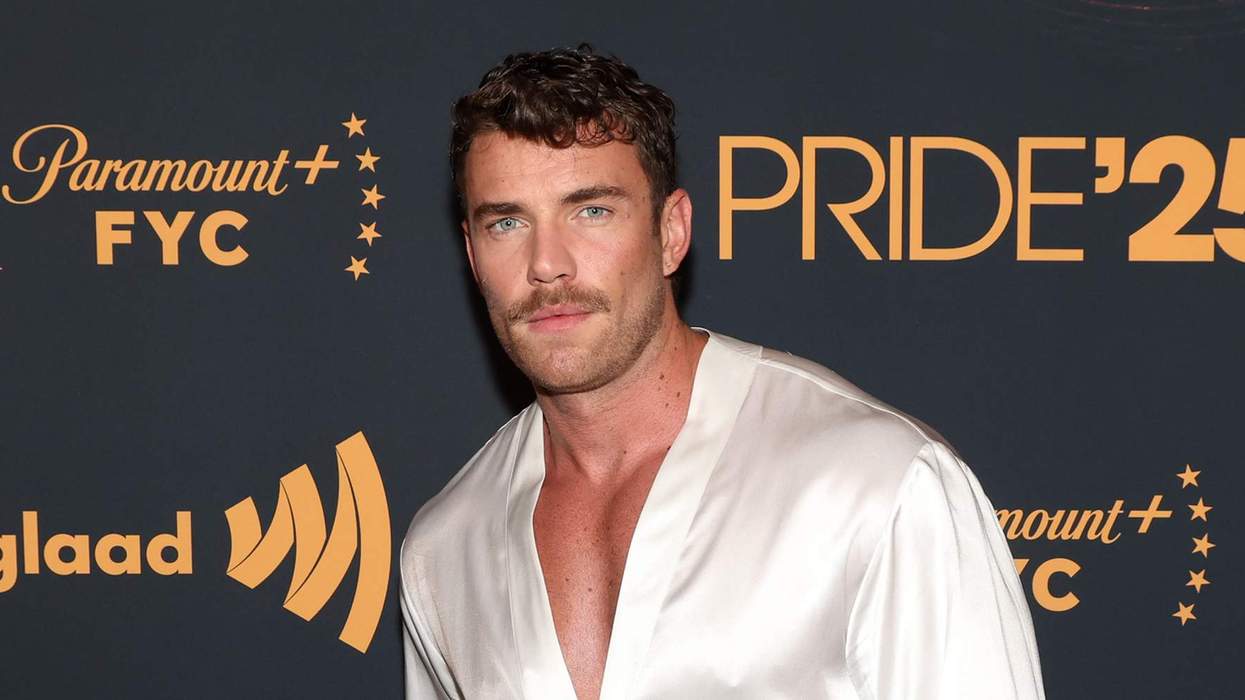
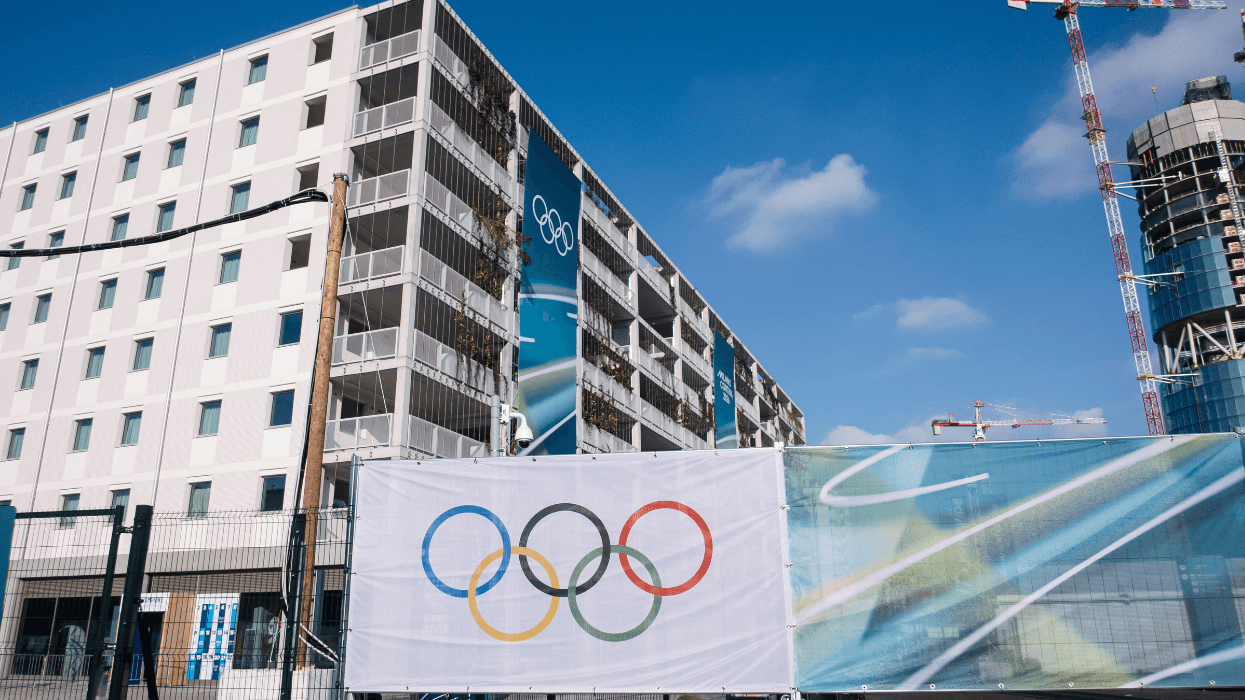
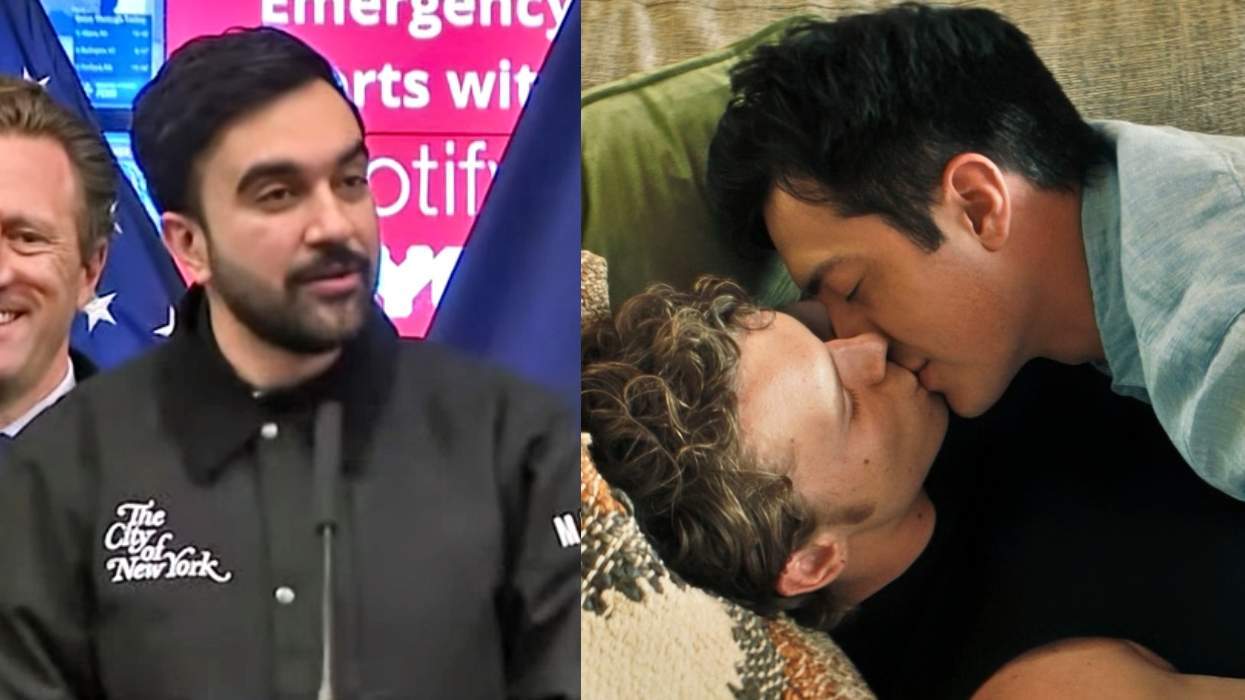
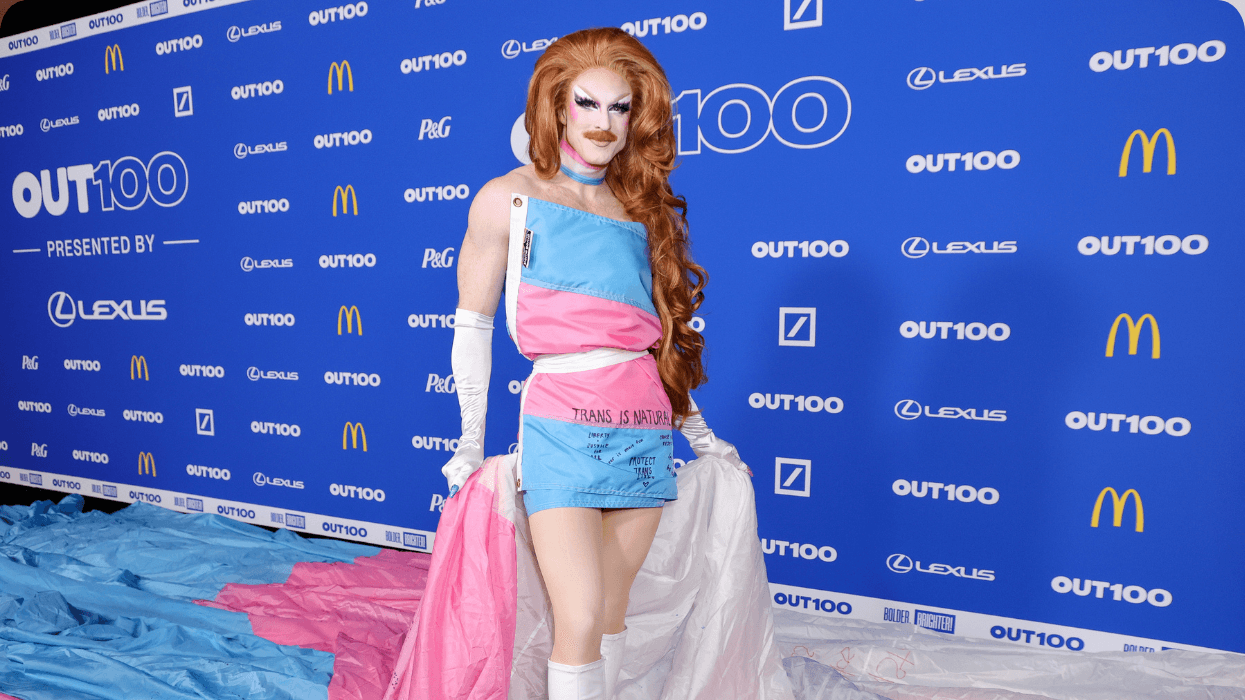
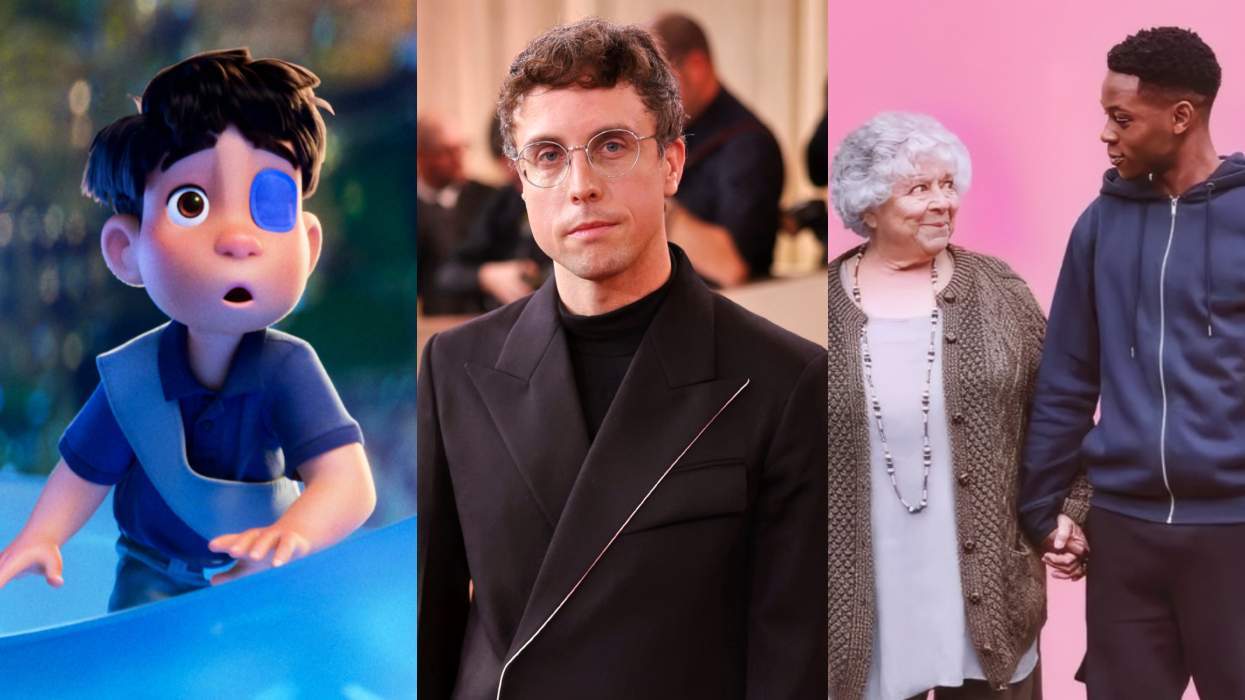
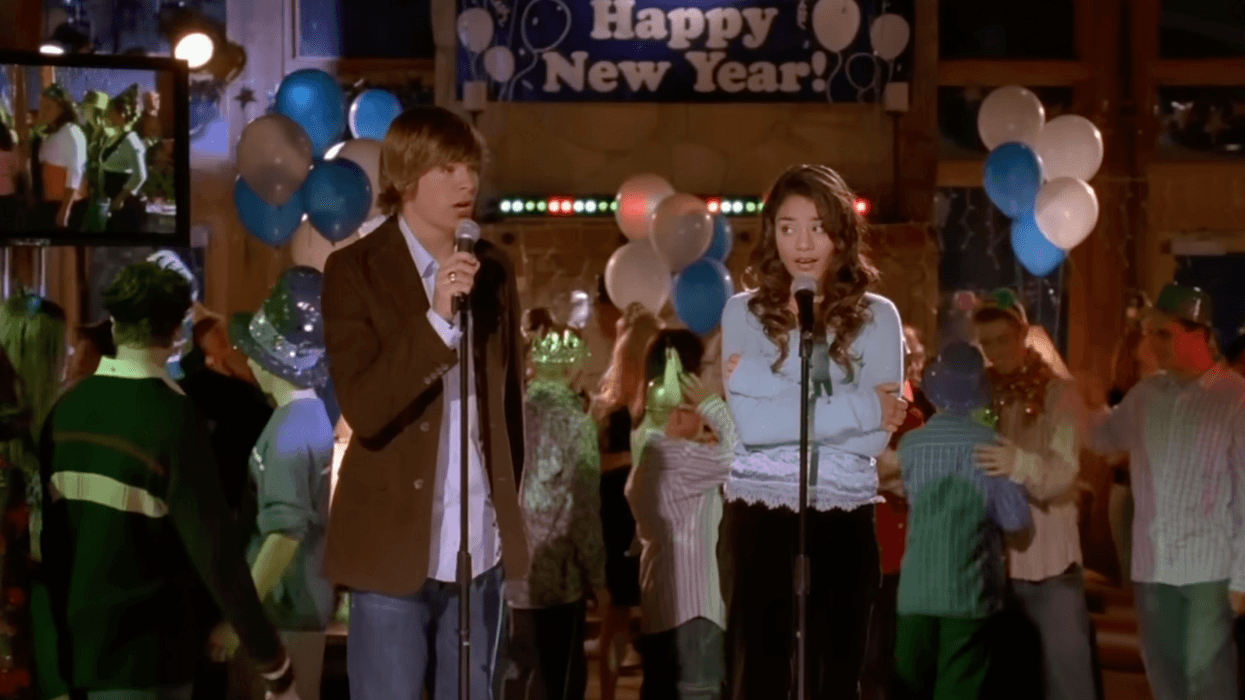
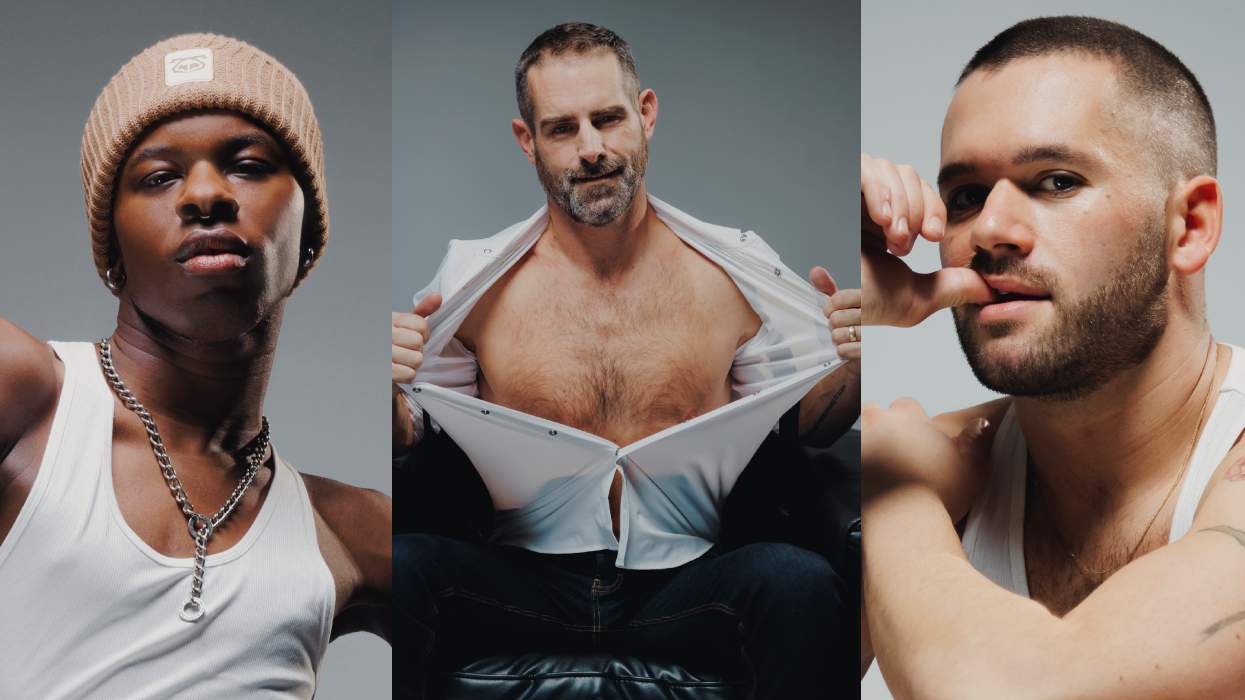
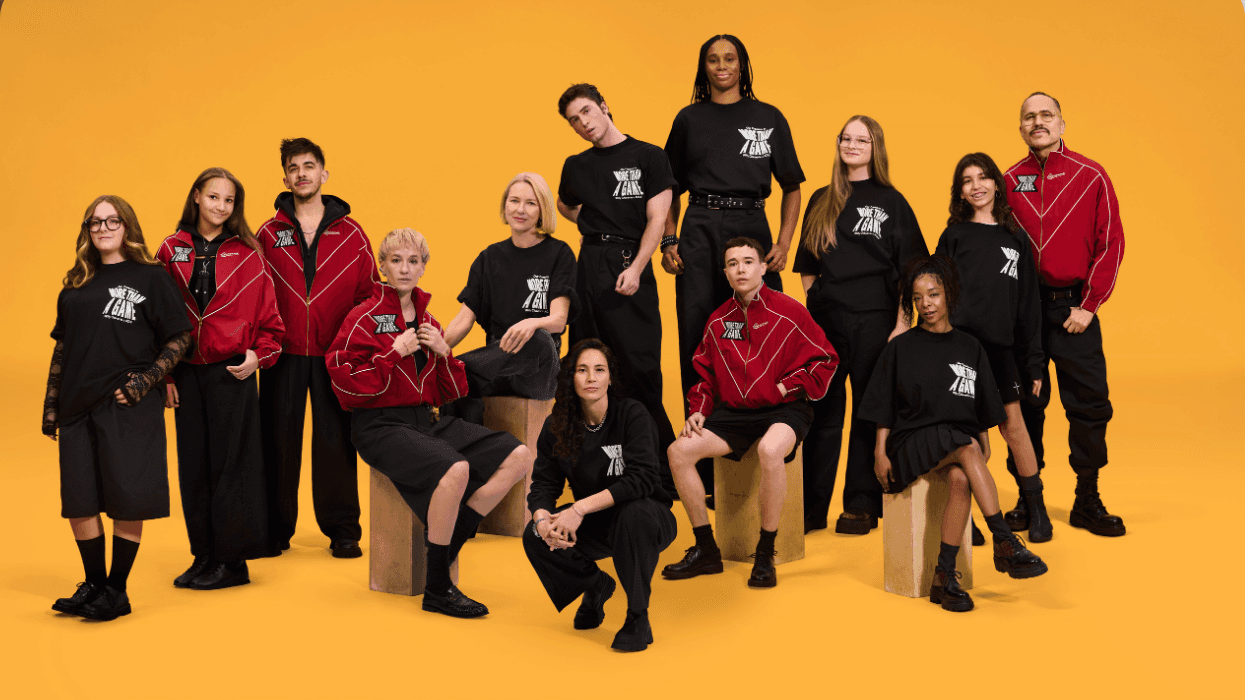
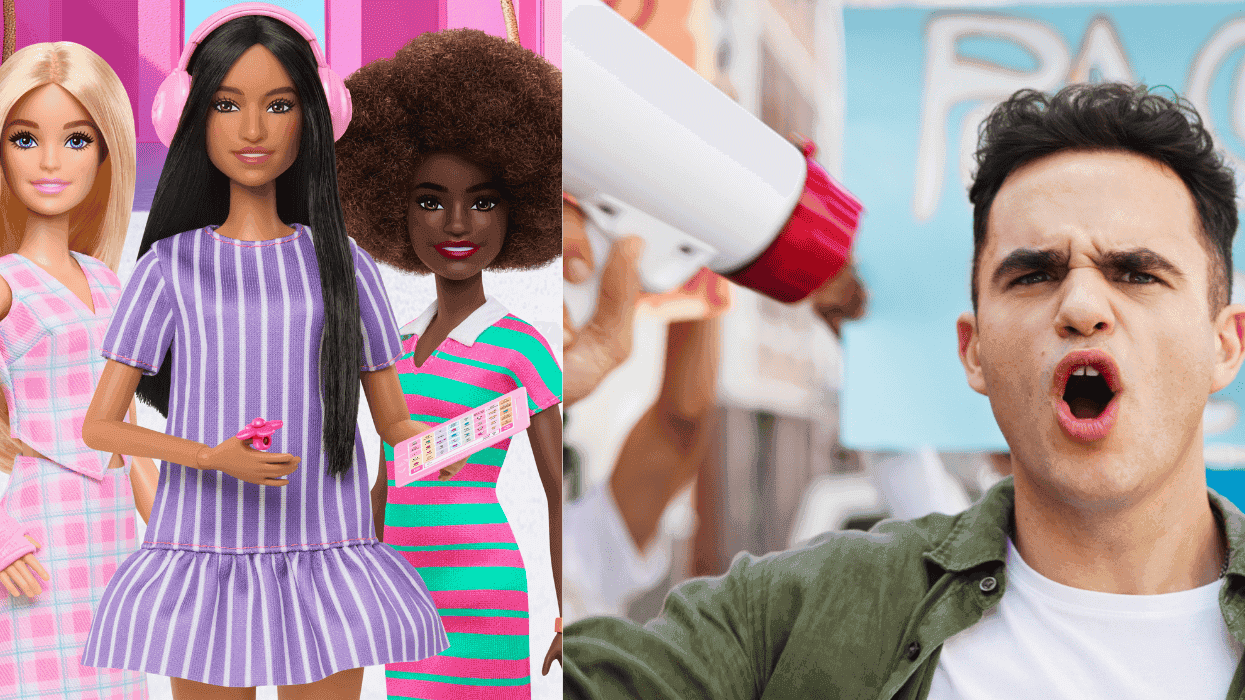
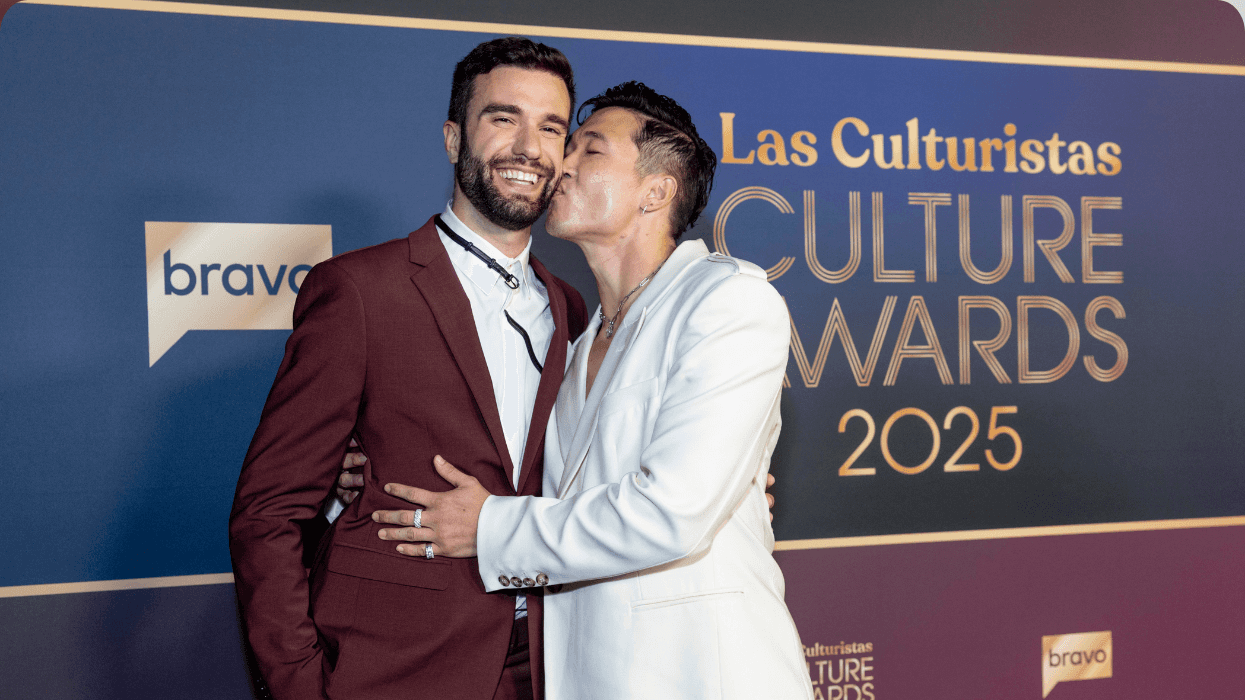
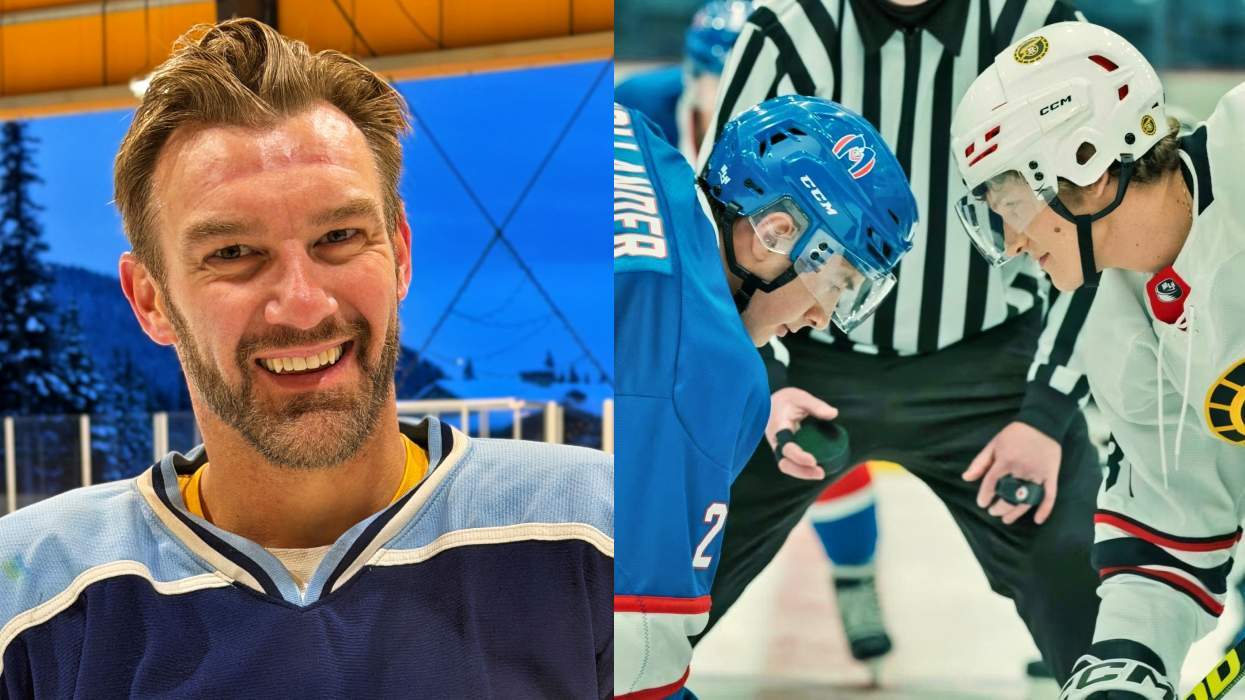
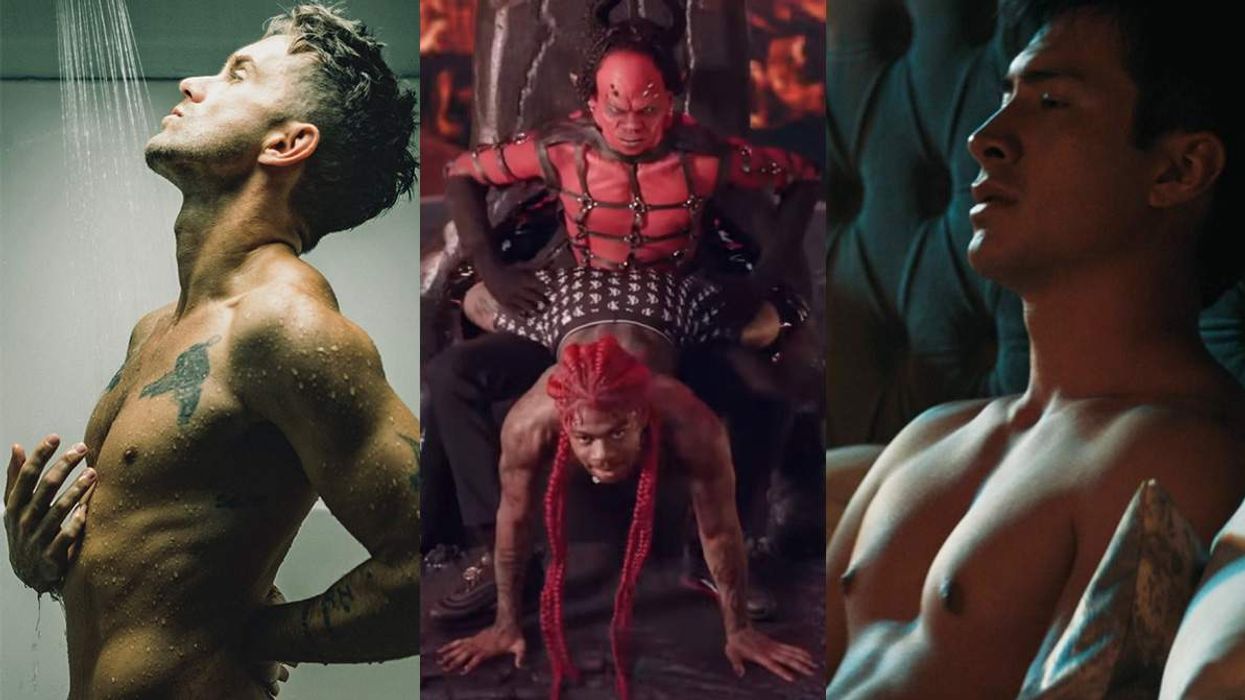

Jeffree Star slammed by Perez Hilton for ICE jokes
Jeffree Star at the 10 year anniversary celebration for Jeffree Star Cosmetics